Domestic Perspectives on Contemporary Democracy
DEMOCRACY, FREE ENTERPRISE,
AND THE RULE OF LAW
This series is sponsored by the Cline Center for Democracy, which is devoted to the study of democracy throughout the world, of institutions that sustain and extend it, and of forces that perpetually challenge and endanger it.
Series Editor
Peter F. Nardulli, University of Illinois
A list of books in the series appears at the end of this book.
Domestic Perspectives on Contemporary Democracy
Edited by
PETER F. NARDULLI
UNIVERSITY OF ILLINOIS PRESS
urbana and Chicago
2008 by the Board of Trustees
of the University of Illinois
All rights reserved
Manufactured in the United States of America
1 2 3 4 5 C P 5 4 3 2 1

This book is printed on acid-free paper.
Library of Congress Cataloging-in-Publication Data
Domestic perspectives on contemporary democracy / edited by Peter F. Nardulli.
p. cm. (Democracy, free enterprise, and the rule of law)
Includes bibliographical references and index.
ISBN-13 978-0-252-03319-3 (cloth : alk. paper)
ISBN-10 0-252-03319-1 (cloth : alk. paper)
ISBN-13 978-0-252-07521-6 (pbk. : alk. paper)
ISBN-10 0-252-07521-8 (pbk. : alk. paper)
1. Democracy
2. Pluralism (Social sciences)
3. Political sociology.
4. Information societyPolitical aspects.
I. Nardulli, Peter F.
JC423.D668 2008
321.8dc22 2007030881
To Richard G. and Carole J. Cline, whose vision and generosity made this undertaking possible
Contents
Brian J. Gaines and Peter F. Nardulli
Jack Snyder
Mark Q. Sawyer
Paul M. Sniderman
Bernard Grofman and Jon Fraenkel
Wayne V. McIntosh and Stephen A. Simon
W. Lance Bennett
Bruce Bimber
Preface
As a form of government, democracy enjoyed unparalleled prestige as the twenty-first century began. The most prosperous nations in the world were democracies. Moreover, democracys third wave had generated an unprecedented number of new republics in southern and eastern Europe as well as Latin America. Reflecting on these developments, some see the end of history. They argue that democracy has vanquished its competitors, and that it is the only legitimate form of government in the modern era. Others are more cautious; mindful of the challenges to democracy in the new century, as well as its ebb and flow throughout history, they envision a more problematic future.
Several salient challenges confront democracys durability and portability: the increasing racial, ethnic, and religious diversity of many contemporary societies; the rapid diffusion of innovations in information and communication technologies; and the emergence of global forces and institutions. While these developments present new possibilities for democratic governance, they also have the potential to disrupt its formulation and implementation. Moreover, in conjunction with the demise of the cold war era in the 1990s, these developments give rise to barriers that could affect the diffusion of democracy beyond its current frontiers. In the twenty-first century, the joint effects of these developments could
affect the ability of individuals to discharge the responsibilities of democratic citizenship;
undermine the commitment and identification of citizens to their domicile;
affect the structure, the operation, and legitimacy of institutional mechanisms for linking elite behavior to mass preferences;
place extraordinary burdens on democratic political and civic leaders;
limit the legitimacy of traditional conceptions of democratic institutions in non-Western settings; and
constrain and curtail the actions of democratically elected governments in historically unprecedented ways.
The confluence of two milestone events on the Urbana-Champaign campus of the University of Illinois made it possible to organize a set of activities around these important concerns. One was the centennial of the universitys Department of Political Science; the second was the inauguration of a newly endowed center within the College of Liberal Arts and Sciences, the Cline Center for Democracy. To mark these events the college, the department, and the center hosted a week-long conference.
In preparation for this conference, the editor initiated a wide-ranging consultative process to clarify the implications of increasing social heterogeneity, Information Age innovations, and globalization for the health and practice of democracy in the twenty-first century. Once these topics were clarified he used them in conversations with leading political scientists to identify a wide range of accomplished scholars (comparativists, theorists, political economists, communication scholars, law and society students, etc.) who were equipped to make original and important contributions to the topics. Discussions with these scholars led to new insights and further refinements in the topics to be adessed.
These scholars were then commissioned to prepare original essays that focused on assigned, clearly developed themes for a general academic audience, refraining from excessive jargon and focusing on the big picture. These essays were initially presented in October 2004 at our centennial conference in a leisurely collegial setting, and exchanges among the participants were lively and enlightening. The reflective atmosphere was due in large part to the fact that the conference brought together scholars from a variety of subdisciplines, scholars who seldom interact with one another.
A set of discussants was also commissioned to prepare detailed reviews of the papers, which were supplemented by a review written by the editor. The essayists then revised their papers in light of insights gained from the conference. The result is a collection of wide-ranging essays that make original and important contributions to issues facing democracy at the beginning of the twenty-first century. This volume examines two issues that affect masselite linkages within democratic societies: social heterogeneity and Information Age challenges. The companion volume, International Perspectives on Contemporary Democracy, deals with two cross-national phenomena: the prospects for a fourth wave of democratization and the challenges that globalization poses for democratic governance.
Democracy Challenged
Demography, Technology, and Democratic Possibilities
BRIAN J. GAINES AND PETER F. NARDULLI
By its very nature, democracy is messy and chaotic, akin to making sausage. It is hardly surprising, then, that the process of establishing, maintaining, and improving democracy has been challenging and untidy since its reappearance in the eighteenth century. Just because everyone is a democrat now does not mean that making democracy work will be any easier in the twenty-first century. Indeed, not too long ago everyone was a Keynesian. Thus, democracys enviable, and historically unprecedented, global status means little in terms of implementing its laudable values, principles, and goals in the worlds diverse and ever-changing societies. The theoretically minded can point to a huge literature on social choice theory, rife with impossibility theorems and paradoxes that demonstrate that aggregating the preferences of a large group of people is, inescapably, a profoundly difficult problem. The empirically minded can underscore the implications of a half-century of survey research that casts doubt upon the capacity of individuals to discharge their democratic responsibilities. Or they can simply catalogue contemporary problems with elections and governance in the worlds putative exemplars of democratic rule. These include the embarrassing spectacle of the tied 2000 presidential election in the United States, plummeting turnout in European Parliament elections, and the corruption scandals that recently brought to an end more than a decade of Liberal rule in Canada. As this list could be multiplied many times over, it suggests that democratic deficiencies continue to plague the worlds most mature regimes and are likely to continue to do so for the foreseeable future.

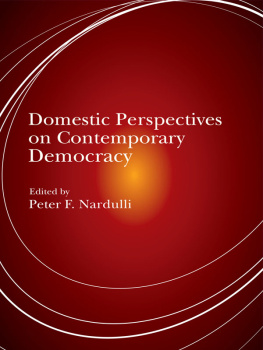
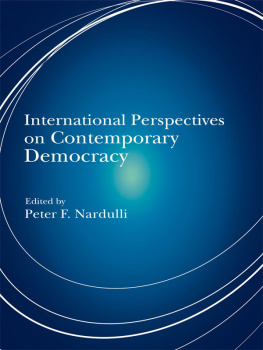

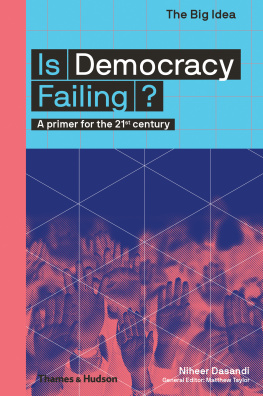
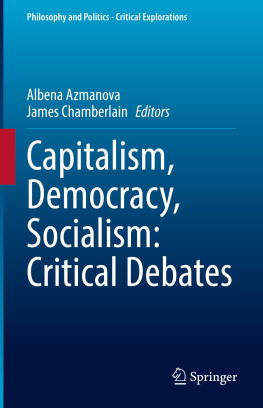
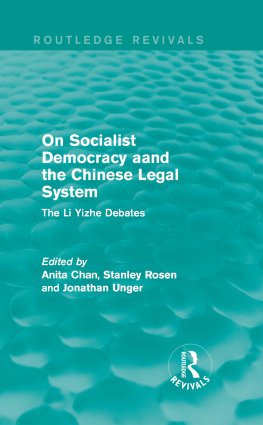
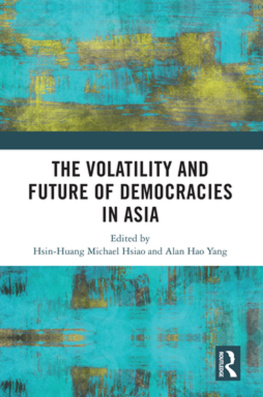

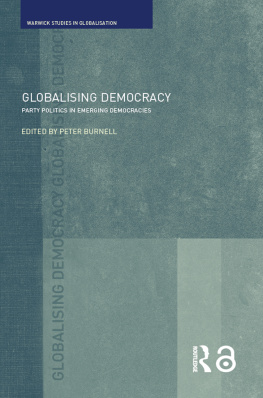
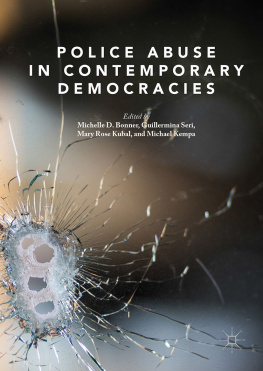
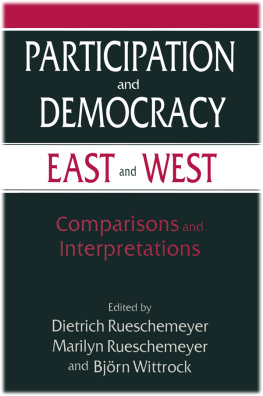
 This book is printed on acid-free paper.
This book is printed on acid-free paper.